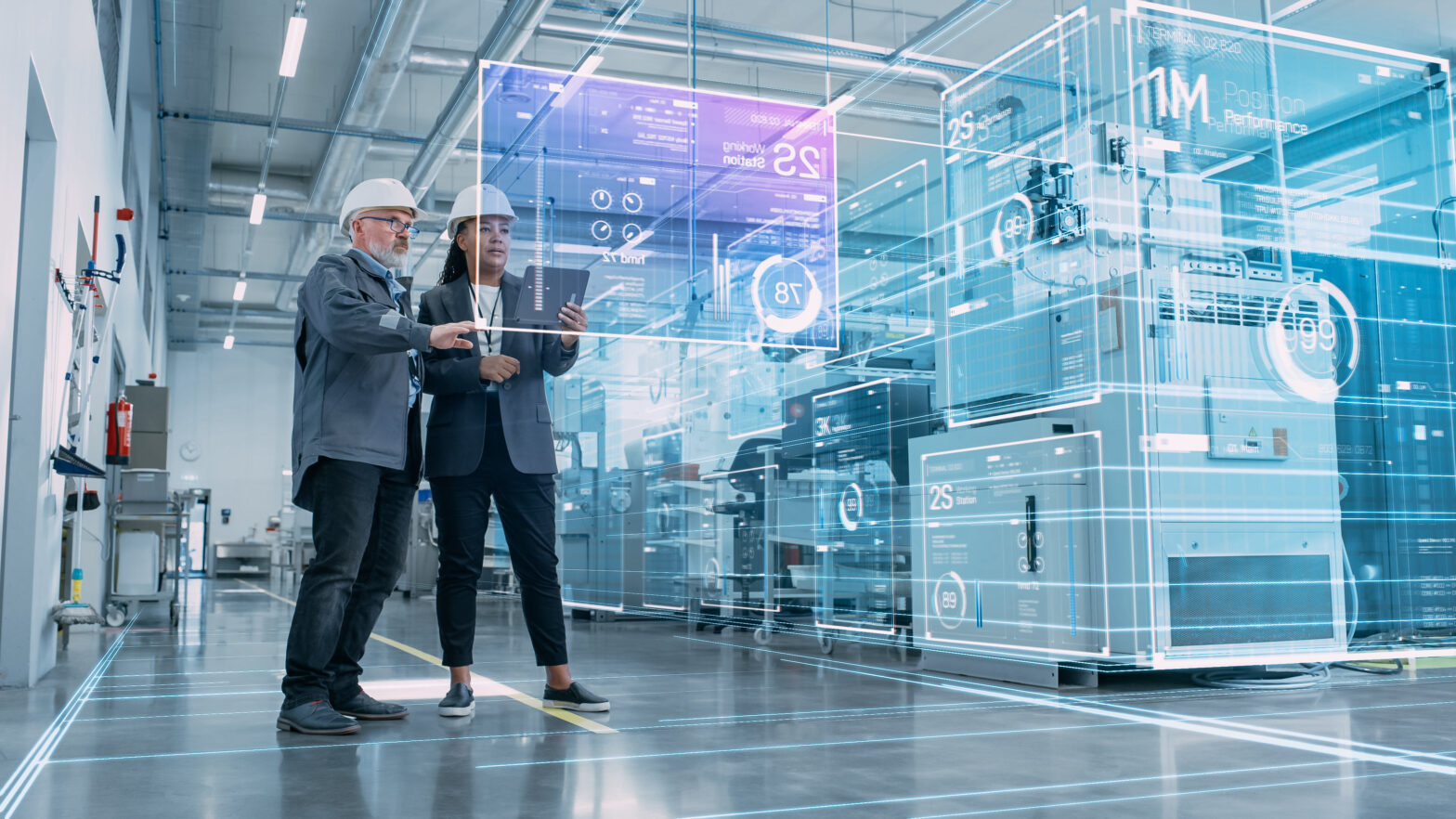Now in it’s tenth year, Deloitte’s technology trends report looks at how different technology forces are driving new products and services, upending long-standing business models and rewriting the rules of customer engagement.
Mark Lillie, technology strategy and global CIO programme leader at Deloitte, explains: “While it is hard to comprehend the digital transformation that has occurred over the past ten years, businesses have to brace themselves for the starburst of new opportunities that will emerge over the next decade. Against a backdrop of disruption and uncertainty, technology will undoubtedly impact businesses over the coming months. With emerging technology trends being so integral to business and IT strategies, it is imperative that company leaders are keeping one eye firmly on the horizon.”
The top 10 strategic technology trends for 2019, according to Gartner
Technology, the great disruptor
Deloitte’s 2019 Tech Trends include:
Technology is already transforming the way people engage with machines, data and each other. If leaders are not exploring the role that voice, computer vision and a growing array of other interfaces will play in their company’s future, they are already late to the game.
Example:
The report says: ‘Using cameras, sensors, and computer vision, a retailer can track and analyse shoppers’ store movements, gaze, and behaviour to identify regular customers and gauge their mood. By cross-analysing the information with these customers’ purchase histories, the retailer can push promotions in real time to shoppers’ mobile devices— or, in the not-too-distant future, be able to predict a need based on a customer’s subconscious behaviour and preemptively place an order on her behalf.’
• Beyond marketing – Experience reimagined
Today, CMOs are partnering with CIOs in order to build an arsenal of experience-focused marketing tools that are powered by emerging technology. Their goal is to transform marketing from a customer acquisition-focused activity to one that enables a superb customer experience, grounded in data.
Example:
The report says: ‘Clothing retailer Nordstrom recently debuted a digital shopping experience platform that uses smartphone shopping application features to enhance in-store experiences. Customers might see an article of clothing they like on social media; using the Nordstrom app, they can contact their personal Nordstrom stylist, who will direct them to the closest store that has the item. When the customer arrives at that location, they will find a dressing room with their name on the door, and the item inside, ready to be tried on.’
Technologies like 5G, mesh networks, and edge computing are expanding business’ reach to both the far corners of the world — and the smallest spaces in warehouses, retail stores, and other places with utmost precision. Advanced networking is the unsung hero driving development of new products and services and is transforming how work gets done.
Example:
The report says: ‘Proliferating mobile devices, sensors, serverless computing, exploding volumes of shared data, and automation all require advanced connectivity and differentiated networking. Indeed, advanced connectivity is fast becoming a linchpin of digital business.’
As AI technology becomes increasingly standardised, becoming an AI-fuelled organisation will be more than a strategy for success – it could be stakes for survival. As AI drives automation across IT, CIOs and their teams are gearing up to spend more time making informed decisions about how, why and where to use the technology.
Example:
The report says: ‘In the media sector, Netflix is developing an AI platform that creates personalised movie trailers based on the streaming histories of individual viewers. This is one element in the company’s larger content strategy for using data to inform creative decision-making around genre, casting, and plot development.’
The next stage in the evolution of cloud computing is here. In this environment, technical resources can be completely abstracted from the system infrastructure and management tasks are becoming increasingly automated. As a result, IT teams can now concentrate on developing new, value-added capabilities that enhance operational speed and efficiency.
Example:
The report says: ‘With your new automated ops capabilities, systems should be able to test for, detect, stop, and fix threats before they can affect your network, data, or reputation. It is worth noting that many organisations will continue to operate concurrently in the cloud and in traditional environments.
Other trends in the report include: Macro technology forces at work, Beyond the digital frontier: Mapping your future and DevSecOps and the cyber imperative.
Deloitte’s technology trends report includes an outline of risk implications, perspectives from industry leaders, and experience from Deloitte practitioners that crosses government, business and society
Also see: Gartner: 5 emerging technology trends with transformational impact










